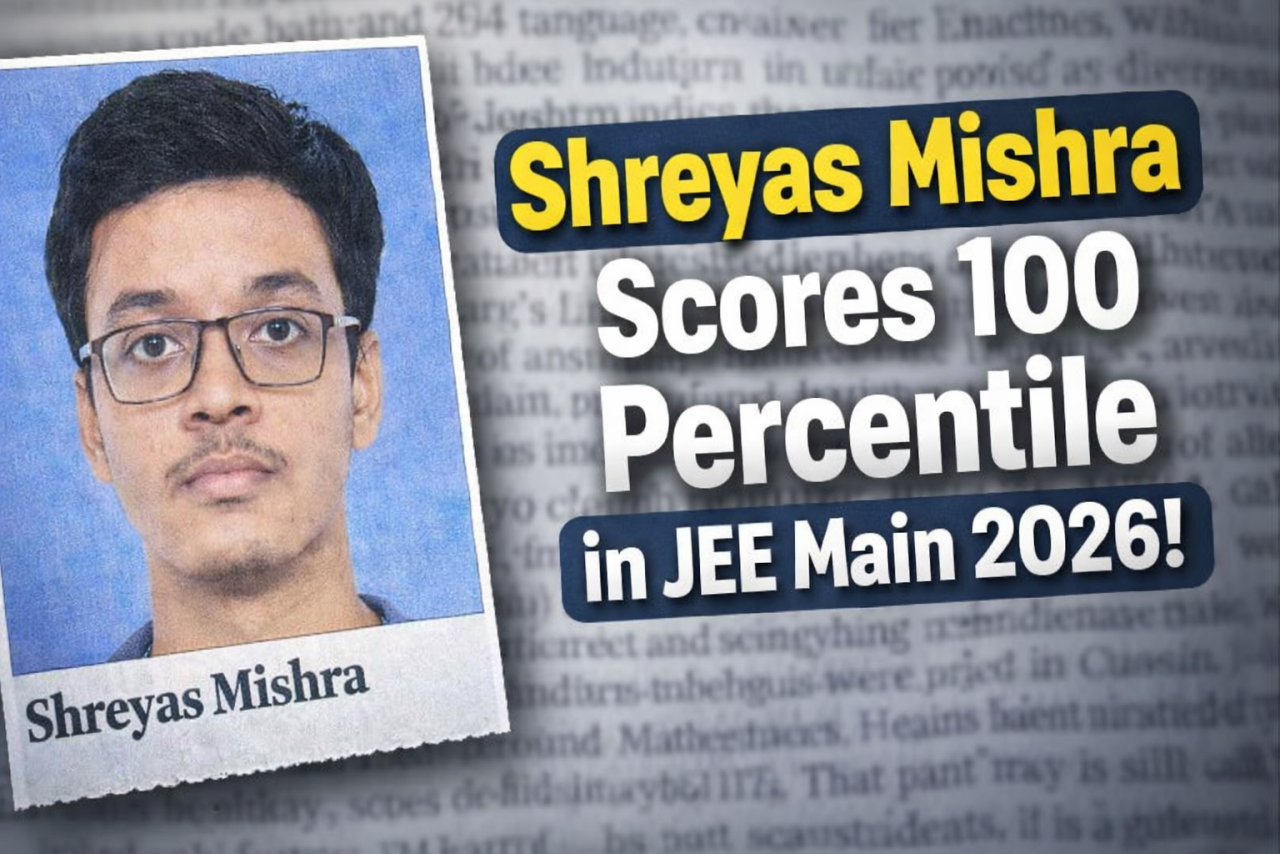
The National Assessment and Accreditation Council (NAAC), the premier body responsible for ensuring quality in India’s higher education institutions, is embroiled in a shocking corruption scandal. Seven members of its inspection committee have been debarred after being arrested by the Central Bureau of Investigation (CBI) in a bribery case. This scandal has exposed deep-rooted corruption within the very system designed to uphold educational standards, raising serious concerns about the integrity of India’s higher education accreditation process.
The Scandal Unveiled
The CBI arrested ten individuals, including NAAC inspection committee chairman Samarendra Nath Saha, who is also the Vice-Chancellor of Ramchandra Chandravansi University. Other accused include prominent professors from reputed institutions like Jawaharlal Nehru University (JNU), Bangalore University, and Davangere University, as well as officials from the Guntur-based Koneru Lakshmaiah Education Foundation (KLEF). The arrests were made following allegations that KLEF officials paid bribes to secure an A++ rating during a NAAC inspection.
The CBI recovered ₹37 lakh in cash, six laptops, and an iPhone from the accused, further substantiating the claims of corruption. In response, NAAC has debarred the seven inspection committee members from further evaluations and launched an investigation into their past visits to colleges and universities over the last year. NAAC Chairman Prof. Anil D. Sahasrabudhe termed the incident "shocking" and emphasized the need for systemic reforms.
How Corruption Undermines Education
NAAC, established in 1994, plays a critical role in assessing the quality of higher education institutions in India. It grades universities and colleges on a scale from A++ to C, with D signifying no accreditation. These grades are crucial for institutions, as they influence student admissions, funding, and reputation. However, the recent scandal reveals how the grading system has been manipulated through unethical practices.
Institutions seeking higher ratings have allegedly resorted to bribing NAAC inspection committee members to secure favourable evaluations. This not only undermines the credibility of the accreditation process but also compromises the quality of education. Students and parents, who rely on these ratings to make informed decisions, are ultimately the victims of such corruption.
The Broader Problem: Systemic Corruption
This scandal is not an isolated incident but a symptom of a larger problem plaguing India’s education system. The pressure to achieve high rankings has led some institutional heads to engage in unethical practices, including bribing officials and falsifying data. The current grading system, which relies heavily on physical inspections, is particularly vulnerable to manipulation.
Prof. Sahasrabudhe acknowledged these flaws and announced plans to digitize the inspection process in line with the recommendations of the Radhakrishnan Committee report. Digitization is expected to reduce human intervention and increase transparency, but it remains to be seen whether these measures will be enough to root out corruption entirely.
Conclusion
The NAAC scandal is a wake-up call for India’s education system. Corruption in accreditation not only tarnishes the reputation of institutions but also jeopardizes the future of millions of students. It is time for all stakeholders—government bodies, educational institutions, and citizens—to come together and demand accountability. Only by rooting out corruption can we ensure that India’s education system truly delivers on its promise of quality and excellence.
Let’s not allow corruption to define our education system. The future of India’s youth depends on it.






















Sanjeev Dhadwal
1 year agoHow low can people stoop? No wonder only Course Sellers are left. The country that thrived on wisdom of Gurus. Yes, there are self professed Gurus, but we all know they again are a bunch of Course Sellers.
Sanjeev Dhadwal
1 year agoHow low can people stoop? No wonder only Course Sellers are left. The country that thrived on wisdom of Gurus. Yes, there are self professed Gurus, but we all know they again are a bunch of Course Sellers.
Sanjeev Dhadwal
1 year agoHow low can people stoop? No wonder only Course Sellers are left. The country that thrived on wisdom of Gurus. Yes, there are self professed Gurus, but we all know they again are a bunch of Course Sellers.
Sanjeev Dhadwal
1 year agoHow low can people stoop? No wonder only Course Sellers are left. The country that thrived on wisdom of Gurus. Yes, there are self professed Gurus, but we all know they again are a bunch of Course Sellers.